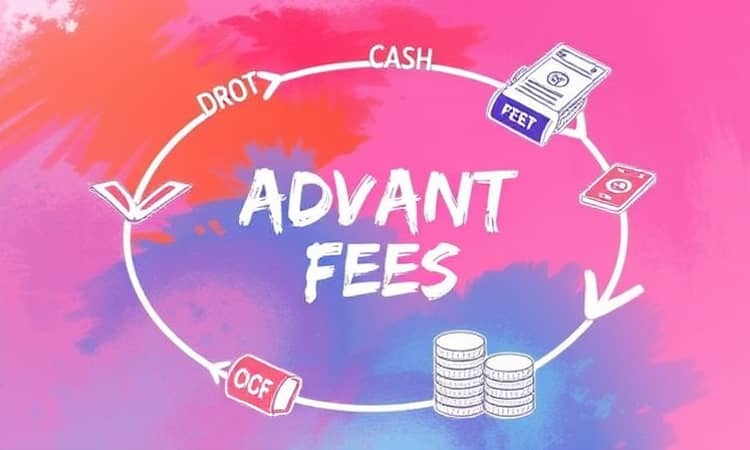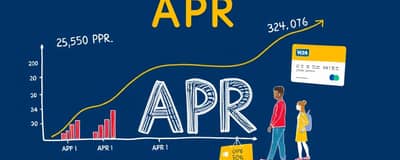In today's fast-paced world, the convenience of cash advances can seem appealing during emergency situations. However, they can lead to substantial fees and financial stress if not properly managed. Understanding the ins and outs of cash advance fees is crucial for anyone looking to maintain their financial health.
This article aims to uncover the hidden costs associated with cash advances, exploring why these fees can be so high, how they accumulate, and ultimately how to avoid getting trapped in a cycle of debt.
By the end of this guide, readers will be equipped with valuable insights into the world of cash advances, allowing them to make informed financial decisions.
Understanding Cash Advances
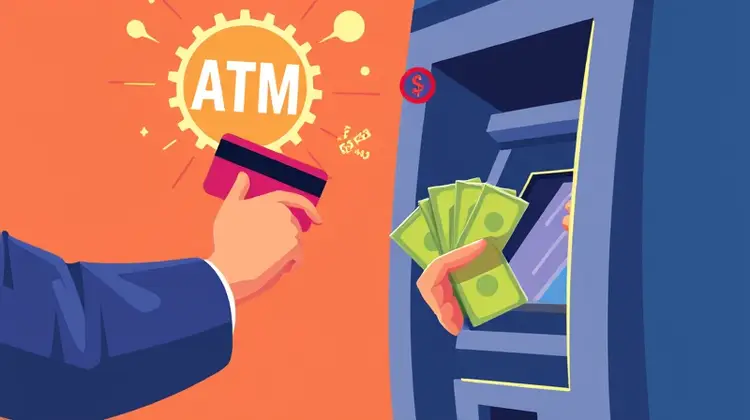
A cash advance allows a person to withdraw a certain amount of cash from their credit card's line of credit. This service is usually provided by ATMs, banks, or through convenience checks issued by the credit card company.
While this option can be helpful in urgent situations, it often comes with severe consequences that are not immediately apparent. Interest rates for cash advances are typically higher than those for regular credit card purchases, and interest begins accruing immediately without a grace period.
Moreover, users may incur additional fees that can quickly surpass expectations. It's essential to understand these factors before considering taking out a cash advance.
Why Cash Advance Fees Are High
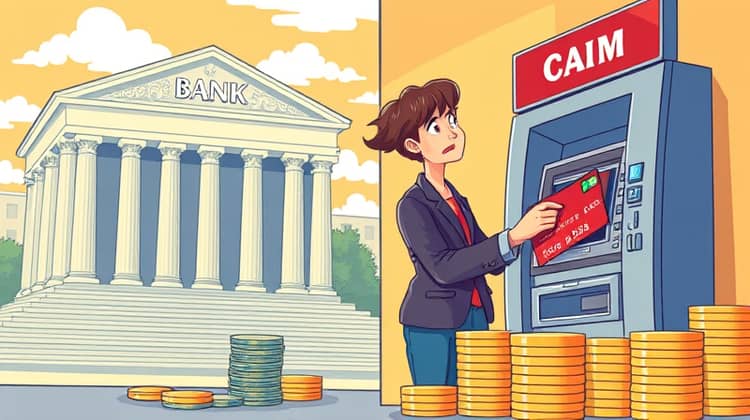
One of the primary reasons cash advance fees are so high is due to the risk and cost associated with offering this service. Financial institutions recognize that cash advances can lead to consumer debt, thus they set higher fees to mitigate potential losses.
Additionally, credit card companies want to discourage frequent use of cash advances because they typically yield lower profits compared to traditional credit purchases. This drives the interest rates and fees up, making them an expensive option for consumers.
- High-interest rates applied immediately upon withdrawal.
- Transaction fees incurred per cash advance, often around 3-5%.
- ATM fees charged by machine owners when using a credit card for cash withdrawal.
- Lack of a grace period where interest accrues from day one.
These various fees can accumulate quickly, leading to a larger debt burden than initially anticipated. Understanding these costs can prevent consumers from falling into a trap that is challenging to escape.
Awareness around these fees is essential in making sound financial decisions and avoiding unnecessary financial strain.
How Cash Advance Fees Can Add Up
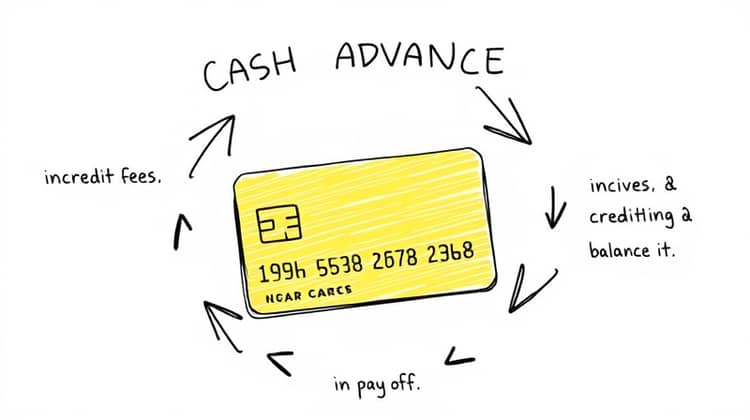
The accumulation of cash advance fees is often underestimated. When a consumer takes out a cash advance, they may see an immediate impact on their credit card bill, but the long-term effects can be much more damaging than simply the initial fee.
For many, the combination of high-interest rates and additional transaction fees can create a financial burden that may take months to recover from. The faster you pay off your balance, the better, but many find it challenging to do so.
- Each cash advance increases the outstanding credit card balance and the resulting interest owed.
- Failure to pay off the balance promptly leads to higher interest charges in subsequent billing cycles.
- Accumulated fees can push consumers into a cycle of minimum payments that prolong debt repayment.
- Repeated cash advances can lead to a debt spiral where one must rely on them for daily expenses.
This financial clumping can prompt further borrowing to settle bills, causing relationships with lenders to deteriorate.
In turn, the individual may find themselves in a position where they are unable to borrow responsibly in the future, complicating their financial landscape.
Limited Grace Period
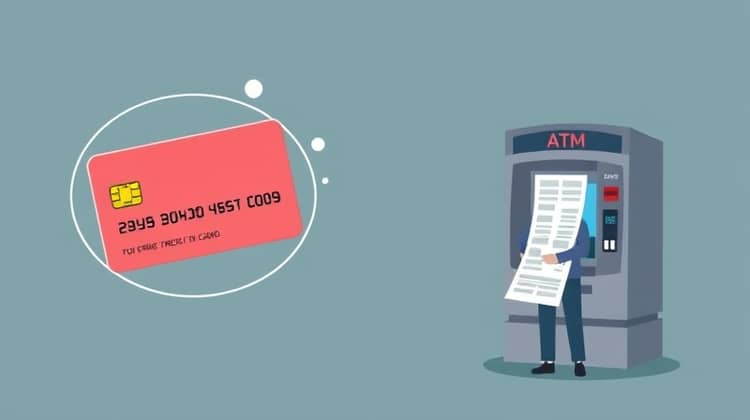
Credit cards generally come with a grace period for regular purchases, but cash advances lack this feature. This means that interest begins accruing immediately on the amount withdrawn, leading to potentially catastrophic interest charges if not promptly repaid.
This stark difference can catch consumers off guard, resulting in higher-than-expected costs for what was meant to be a short-term solution.
How to Avoid Cash Advances

Avoiding cash advances is about establishing good financial habits and planning ahead. Recognizing your spending patterns and preparing for potential emergencies can drastically reduce the likelihood of team crises requiring cash advances.
Building an emergency savings fund, even a small one, can provide a cushion during financial emergencies and reduce dependence on cash advances.
- Establish a budget to track income and expenses.
- Seek alternative financing options, such as personal loans, which often have lower fees.
- Use a debit card for cash needs instead of relying on credit cards.
- Utilize credit card rewards and offers for cash back that can help with expenses.
These practices promote financial health and discourage reliance on potentially harmful cash advance systems. Proactive financial management ultimately benefits anyone seeking to avoid these punitive fees.
Maintaining a budget and staying informed about one's finances will lead to a more stress-free financial journey over time.
Conclusion
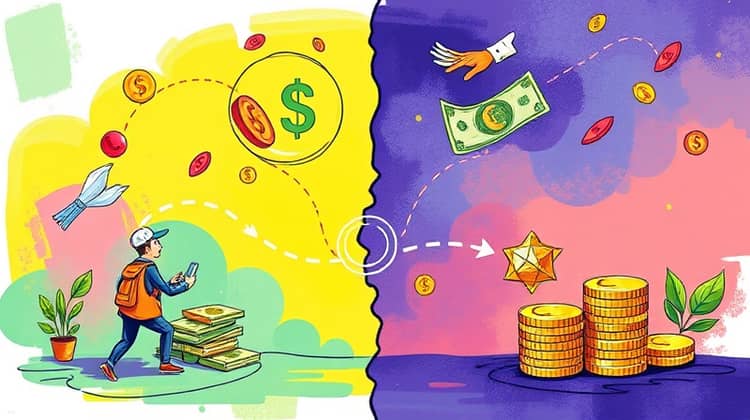
In summary, cash advances can provide immediate relief but often lead to significant financial consequences. The high fees, combined with the lack of a grace period, create a precarious financial situation that could result in long-term debt.
Educating oneself about cash advance fees and exploring healthier alternatives is imperative for financial well-being and security. By steering clear of cash advances and implementing robust financial management practices, individuals can protect themselves from falling into a debt cycle.

